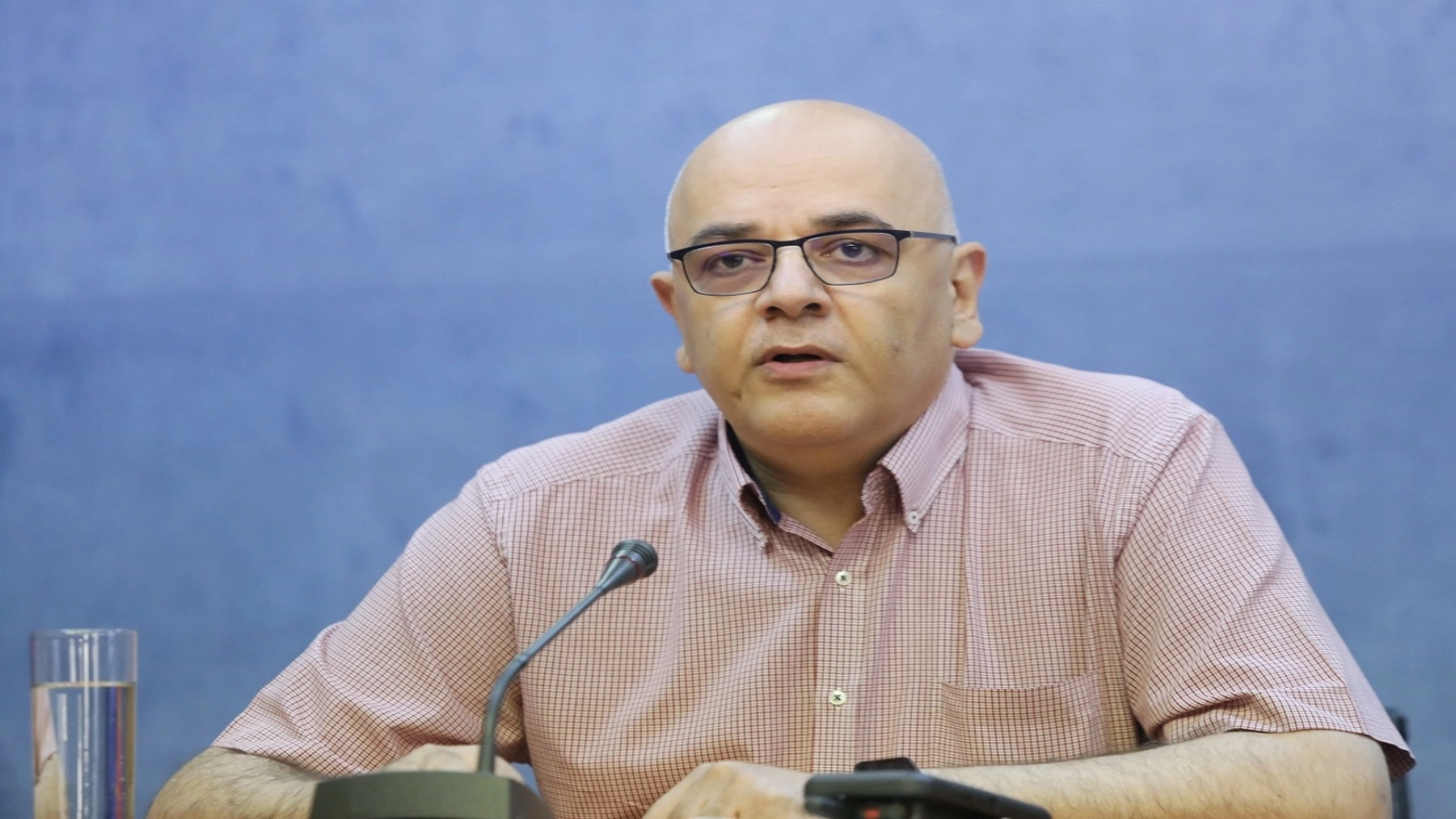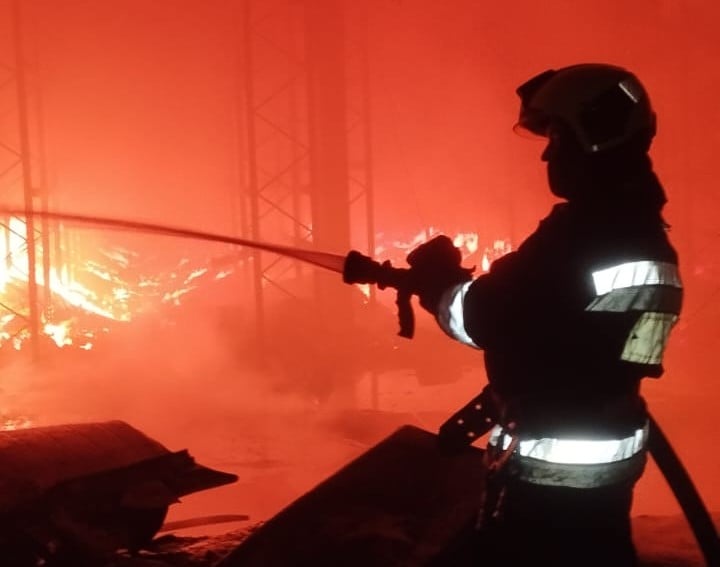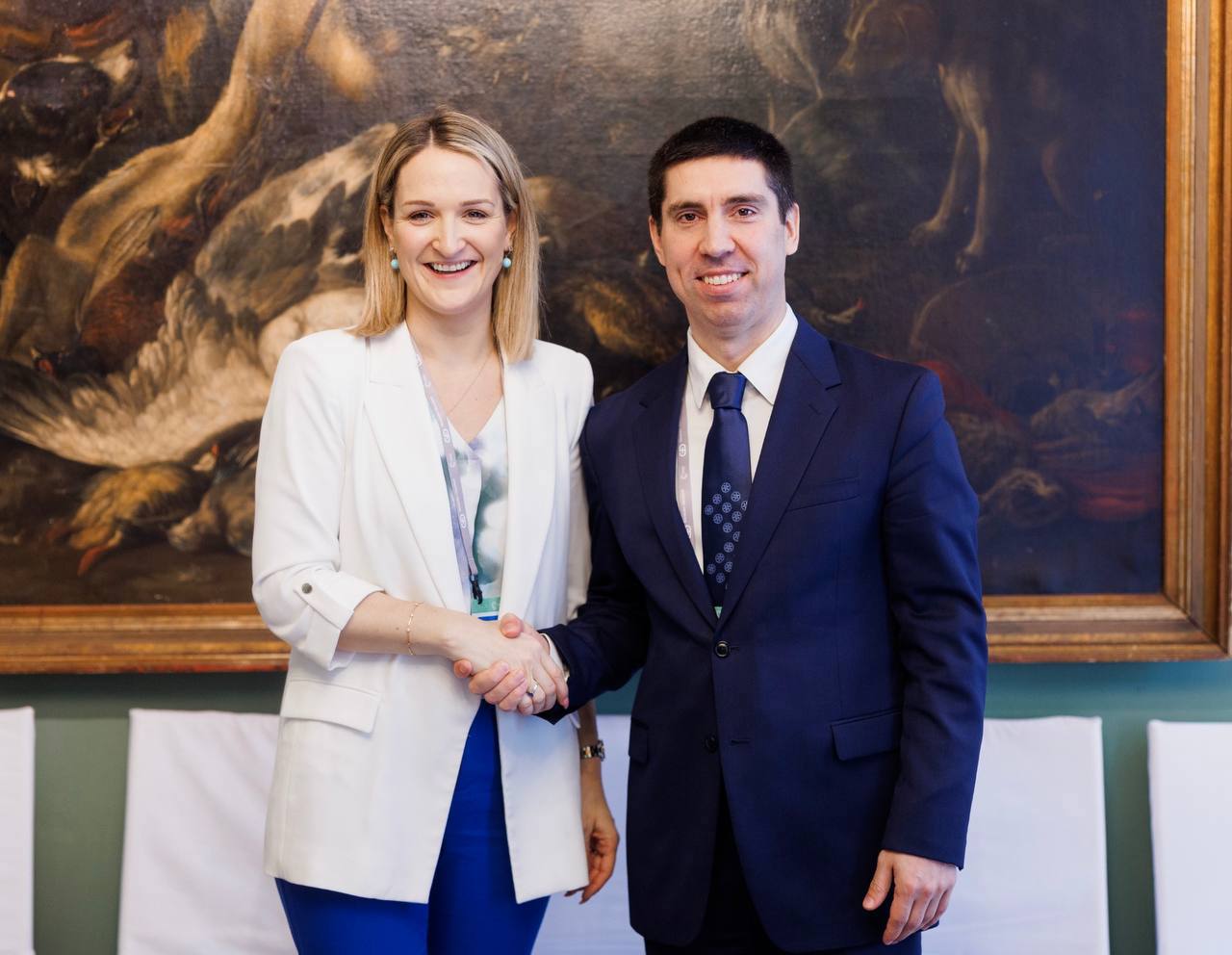Emergency response must be regarded from a regional or global perspective, not just from a national perspective, stated the head of the Department for Emergency Situations (DSU) with the Ministry of Internal Affairs (MAI), Raed Arafat, at the international conference "Building resilience to natural disasters," organised by the Ministry of Foreign Affairs (MAE) and the General Inspectorate for Emergency Situations, an event carried out on Tuesday at the Parliament Palace, under the aegis of the Romanian Presidency at the Council of the EU.
"We are only starting to built the system and resilience must be taken very seriously, for it never depends on one single agency, but it's a joint effort. It is not enough to be present in one single country. Think of a generalized pandemic hitting the European Union. A serious disease hits the first country and then spreads to the neighbouring ones, one by one. If we do not react immediately to help in the first country, to limit the infection and its spreading, then we all risk of dealing with the same problem soon, and this is not just about the EU, but also about the countries you come from, for instance. Which is why I believe that reaction in emergency situations must be regarded from a regional or global perspective and not just from a national perspective. And that's why we use the RISK-EU project that exceeds the borders of this voluntary perimeter and brings some assets that can be used in common in all the HILP type of situations, with big impact and reduced probability. A single country cannot invest in all this equipment, but the European Union can do it to help other countries and limit problems in case of disaster," Raed Arafat stated.
The head of the Department for Emergency Situations also specified that they are currently considering the modification of the provisions in force so that the local authorities will earmark from 2 per cent up to a maximum of 5 per cent of the budget they have for measures in response to emergency situations, in the context in which there is no minimum limit.
Tatiana Proskuryakova, the head of the World Bank (WB) Romania stated that the examination of the data by the WB shows "natural disasters represent a great risk for development."
The official mentioned that, in the past 30 years, the risk of disaster increases three times, the reasons being urbanization and population growth.
The second objective of the World Bank is related to the eradication of poverty all over the world.
Related to cooperation at national level, Tatiana Proskuryakova specified that the World Bank prepared a package of funds Romania will also have access to.
She mentioned the WB has three projects in Romania on its agenda, two ongoing and one currently being negotiated, worth a total of 150 million euro, for strengthening infrastructure for emergency response.
In the second part of the session, the guests attending the meeting were able to visit an exhibition of intervention equipment for civil protection and firefighters from the MAI structures organised on the platform in front of the official entry into the Parliament Palace.
The officials from the United Nations Organisation, the World Bank and the International Organisation of La Francophonie attended on Tuesday in Bucharest the conference "Building resilience to natural disasters," an event carried out at the Parliament Palace, in the context of the Romanian Presidency at the Council of the European Union.
































Comentează